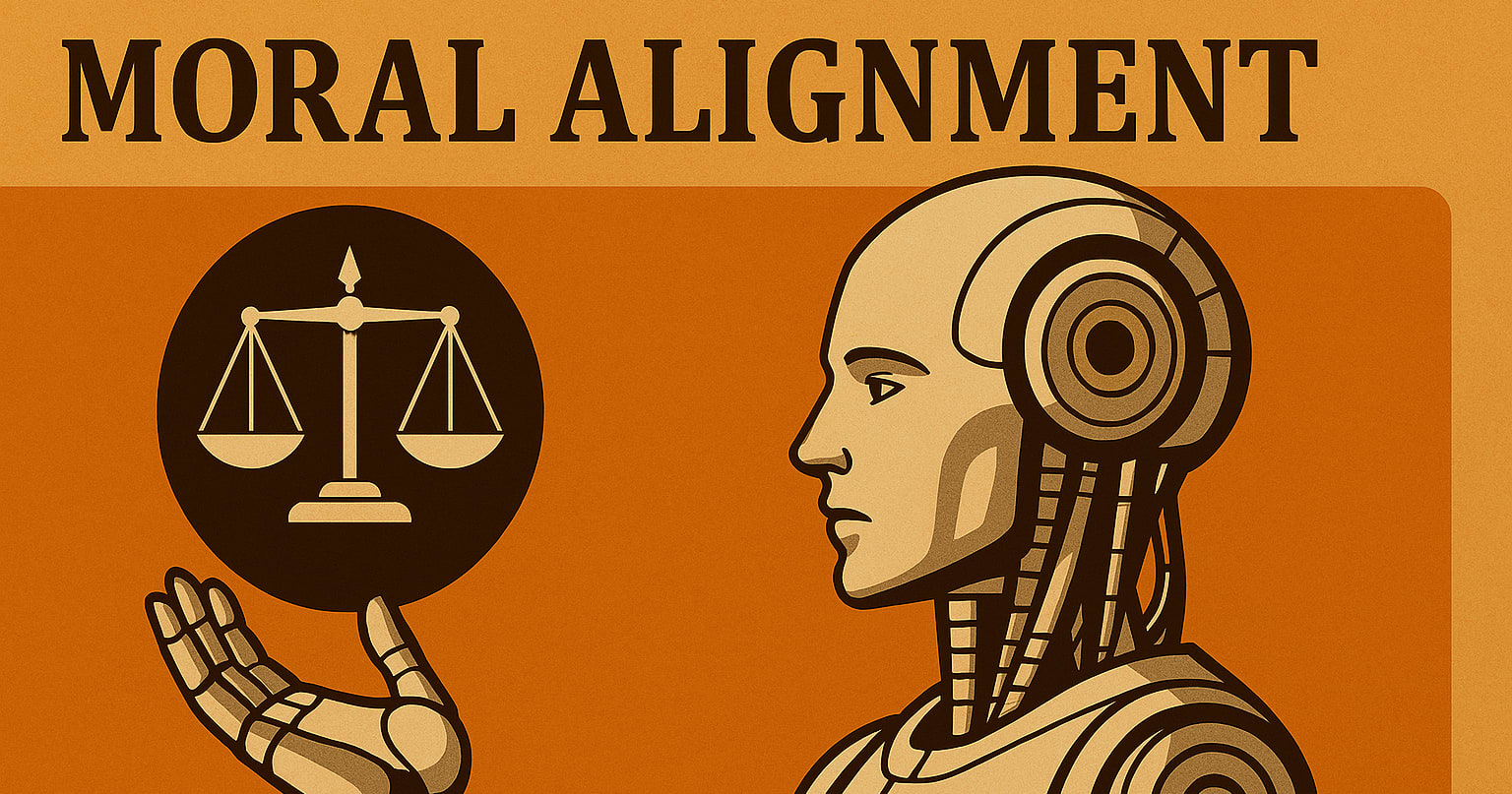I started drafting this about two years ago and gave a lightning talk on the idea at a community builders retreat. I tabled it, but I'm sharing it as a short post during Draft Amnesty Week.
Sometimes, I intentionally go to events where I know no one, just for the experience of being in a room full of strangers.
I spend so much time in self-made bubbles: bubbles of like-minded people, bubbles of colleagues, bubbles of family, bubbles of long-established friendship. I meet new people all the time. But I meet them because they have chosen to bravely enter my bubble. And that can make it very hard to remember what it's like to enter a room where you know no one.
I'm not shy and I don't experience social anxiety, but that becomes irrelevant when I don't know what awaits me on the other side of a door.
How many people will be there? Will I be the only one who knows no one? Will anyone want to talk to me? Will there be norms I don't know and breach? Will I have anything to say? Will I learn anything? Is any of this actually worth it?
I remember thinking this before I attended my first EA NYC event. And my first EAG. And basically every new event ever. And now, I force myself to find new spaces where I'll feel this way again, because otherwise I start to forget what it feels like.
I want to create a world where people feel empowered to do good and have access to spaces and connections that support them in that effort. That’s why I think a lot about how we welcome new people into EA and the causes within it. Not just in the formal sense of onboarding them with fellowships, 1-1 chats, or intro presentations, but in the more visceral, emotional sense of what it feels like to step into a room where you don’t know if you belong, or if you really can contribute.
It’s easy to forget how much courage it takes to walk into an unfamiliar space, especially when you’re no longer the newcomer. This is particularly true in tight-knit communities, where people already have shared references, common acquaintances, and an unspoken rhythm to their conversations. From the inside, these communities can feel warm and inviting. From the outside, they can feel impermeable.
For those of us who have been in EA for a while, I think it’s worth occasionally putting ourselves in that position—stepping into a room where we know no one. It’s a way to remind ourselves what it feels like to be new, to be an outsider looking in. And it’s a way to stay open to serendipity and perspectives we wouldn’t otherwise encounter.
Because ultimately, the rooms full of strangers are where movements grow. They’re where ideas spread beyond their starting circles and improve through new perspectives, where people take their first steps toward involvement, and where potential collaborators decide whether to step up, or step away.
So when was the last time you walked into a room full of strangers? And what might happen if you did it again?




"but in the more visceral, emotional sense of what it feels like to step into a room where you don’t know if you belong, or if you really can contribute."
Your writing feels like poetry. For this line, I think of... wanting to push for more culture where EA events & connections are more on the friendship/sports team side <---than--> networking/work, which will subsists on its own without any help due to the nature of the org.